In a significant move, Germany-based incubator Rocket Internet is making a massive push in the nascent market of Southeast Asia, with none other than founding partner Marc Samwer stepping in to take the reins of its operations there.
Samwer’s new role, which sources at Rocket Internet revealed to TNW, will see greater emphasis placed on exploiting the untapped potential of the region. Part of that strategy is said to include a fresh round of funding, believed to be in the region of $50 million, as it looks to scale its businesses to dominate the growing market local online retail space.
Samwer, who was in charge of international development for Groupon until April, is spearheading the push, with a particular focus on Zalora, its online fashion store. Zalora currently operates in six markets — Singapore, Thailand, Indonesia, Philippines, Vietnam and Malaysia — alongside Zappos-like Lazada, which is also said to be a focus of Samwer’s efforts.
The arrival of Samwer is twined with increased involvement of another executive, global MD Mato Peric, who is described by sources as a “key figure” who heads up the German-based group’s e-commerce efforts worldwide. Peric — who insiders say is Rocket Internet’s most important executive bar the Samwer brothers — is said to be increasingly involved in the efforts to crack Southeast Asia’s e-commerce scene, which is yet to be entered by global players like Amazon.
Rocket Internet arrived in Southeast Asia in March, when it launched three services — including Zalora and Lazada — across five markets and, though it has launched more businesses, it has found adapting to the region challenging. Various businesses have experienced high profile issues, including a ‘revolving door’ of senior management hires and the closing of some businesses, while many local workers have found problems adjusting to the demands of the company’s work ethic.
Sources within Rocket Internet who declined to be named told TNW that they believe that “the difficult times are over” in Southeast Asia and revealed that the company is sharpening its focus on core products, having learnt considerable amounts during its time so far.
Samwer’s new role is also connected to funding, and a round is reportedly being prepared to inject capital into a number of operations in Southeast Asia. Details are still unknown to those in Germany and management on the ground in Asia but, with Samwer in place, there’s now “a proper lead for next round of financing”, we are told.
What is clear, according to sources, is that the company is keen for local investors to take a piece of its business in Southeast Asia. It is said to be looking to replicate its position in Europe, where its backers include ‘family businesses’.
Given that the funding plans are in their early stages, figures are not known, but TNW understands that an investment in the range of $50 million is entirely possible. Indonesian blog Daily Social this week speculated that JP Morgan would invest heavily in Lazada, however sources suggest that, while the bank will be involved “in a big way”, the funding will also come from other sources and could be distributed to a range of its startups in the region.
The German firm is frequently chastised for its strategy of cloning business with the intention of scaling them to be sold on. That approach been successfully — most notably when Groupon snapped up CityDeal for $126 million in 2010 — but its efforts in Asia are less clear.
The company is pioneering Web services in some markets — such as Myanmar and Cambodia — but its approach in Southeast Asia has been questioned by some. In a recent article, noted Southeast Asia startup figure Bernard Leong voiced his belief that the lack of infrastructure in the region’s nascent Internet space means Rocket Internet needs to invest to build a proper business or pull out of the region altogether.
In theory, at least, the lack of global players in Southeast Asia gives the company an opportunity to build successful business that it can sell on for a handsome profit. However, the fragmented nature of Southeast Asia, and varying levels of affluence and Internet access, means that the target audience for e-commerce services is far lower than the region’s cumulative 500 million plus population. While equally issues with local technologies, such as payment gateways — which necessitate many services to operate cash-on-delivery services — requires a strategic approach and investment, rather than the kind of fast scaling that Rocket Internet has become synonymous with.
With funding on the way, the company is committing itself to the region despite many commentators remaining unsure as to whether it will see the kind of quick returns that it hedges its bets on in Europe.
Outside of Asia, Rocket Internet maintains businesses in a more than 50 countries, some of which are proving to be less successful than is claimed in Southeast Asia. It is reportedly leaving Turkey, where it will shed 400 jobs, while it is said to be desperately seeking investors to keep afloat in China.
Rocket Internet declined to provide comment when we contacted the company before publishing this story.
Image via Flickr / Stevendpolo
Get the TNW newsletter
Get the most important tech news in your inbox each week.




